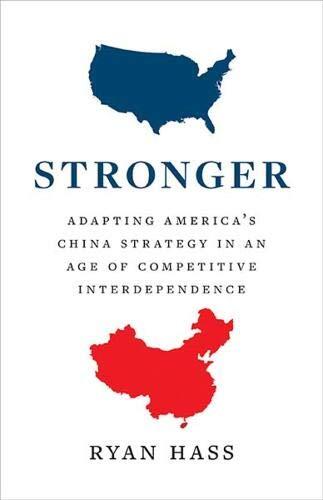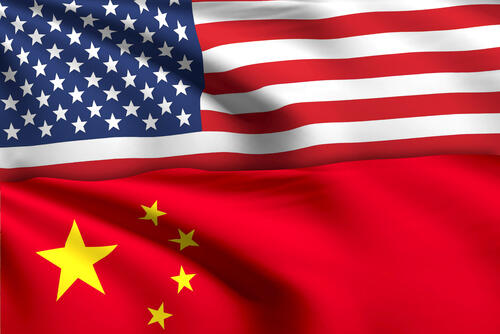Should War be Left to the Generals? Civil-Military Relations in India
Time: 7:30am-8:45am California, USA 15 February 2022
3:30pm-4:45pm London, UK 15 February 2022
11:30pm-12:45am Singapore, 15-16 February 2022
How does India’s civil-military relationship affect its security? Historically, civil-military relations have been characterized by an “absent dialogue,” with the military enjoying almost complete operational autonomy in planning and fighting wars. But that arrangement has produced some mixed results for Indian national security, and is coming under increasing strain in an environment of intensifying peacetime strategic competition. New Delhi recognizes the need for reform, and has made some halting progress. This webinar will examine the evolution of civil-military relations in India, the challenges with the current configuration, and the agenda for reform that will face the next Chief of Defence Staff.
Speakers:


Moderated by :
Arzan Tarapore, South Asia research scholar at the Shorenstein Asia-Pacific Research Center, Stanford University
This event is co-sponsored by Center for South Asia
Via Zoom Register at:
https://bit.ly/3HpyMMO



















 Oriana Skylar Mastro is a Center Fellow at Stanford University’s Freeman Spogli Institute for International Studies (FSI). Within FSI, she works primarily in the Shorenstein Asia-Pacific Research Center (APARC) and the Center for International Security and Cooperation (CISAC) as well. She is also a fellow in Foreign and Defense Policy Studies at the
Oriana Skylar Mastro is a Center Fellow at Stanford University’s Freeman Spogli Institute for International Studies (FSI). Within FSI, she works primarily in the Shorenstein Asia-Pacific Research Center (APARC) and the Center for International Security and Cooperation (CISAC) as well. She is also a fellow in Foreign and Defense Policy Studies at the